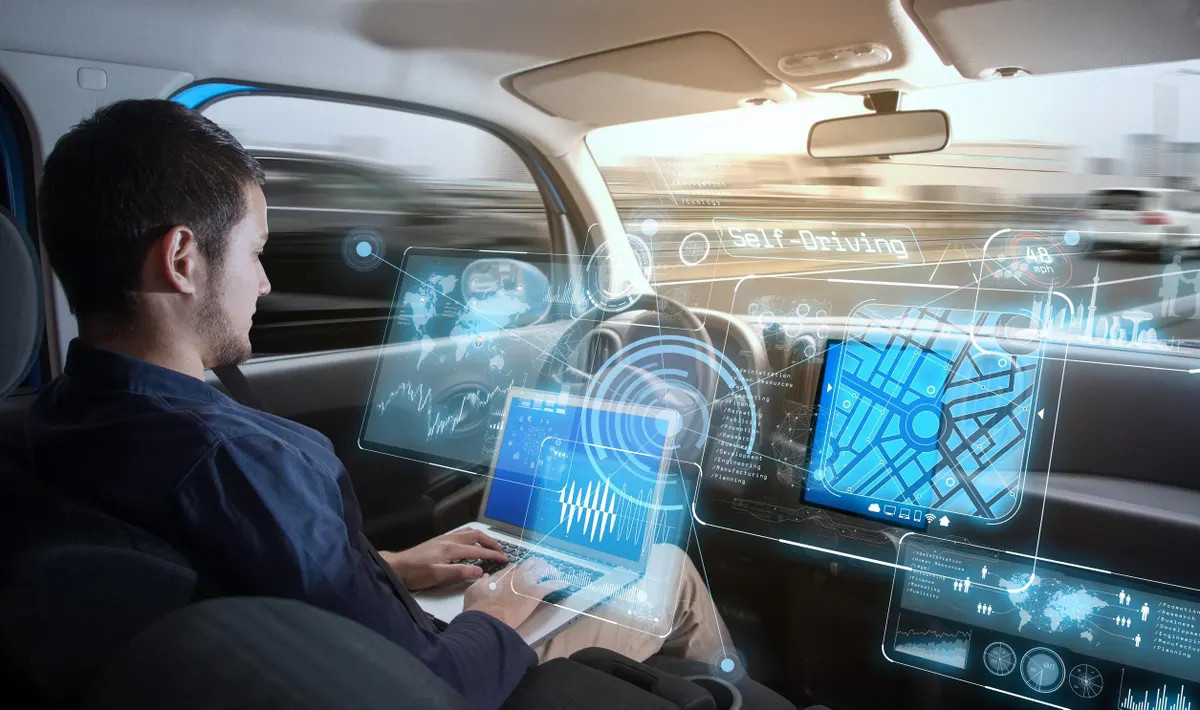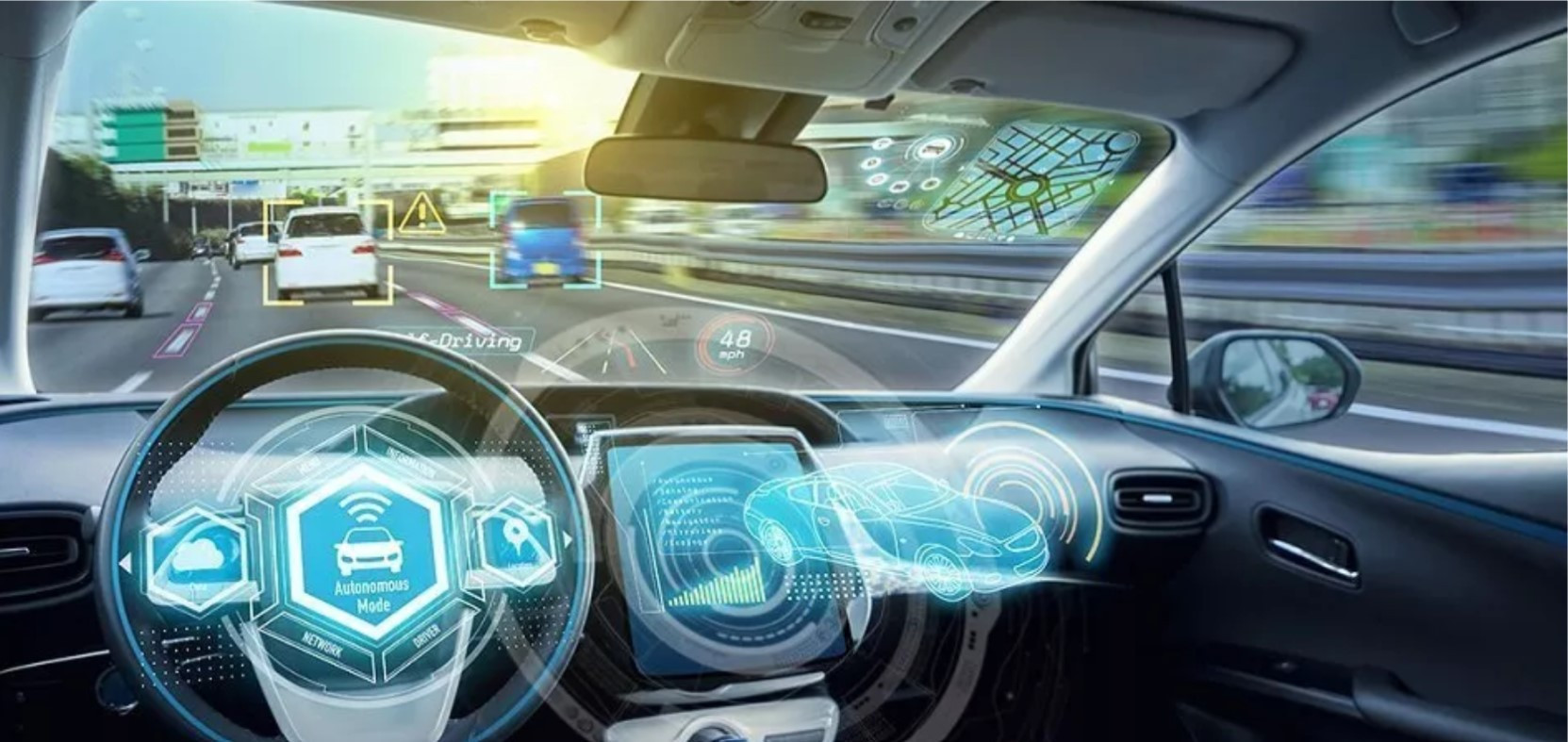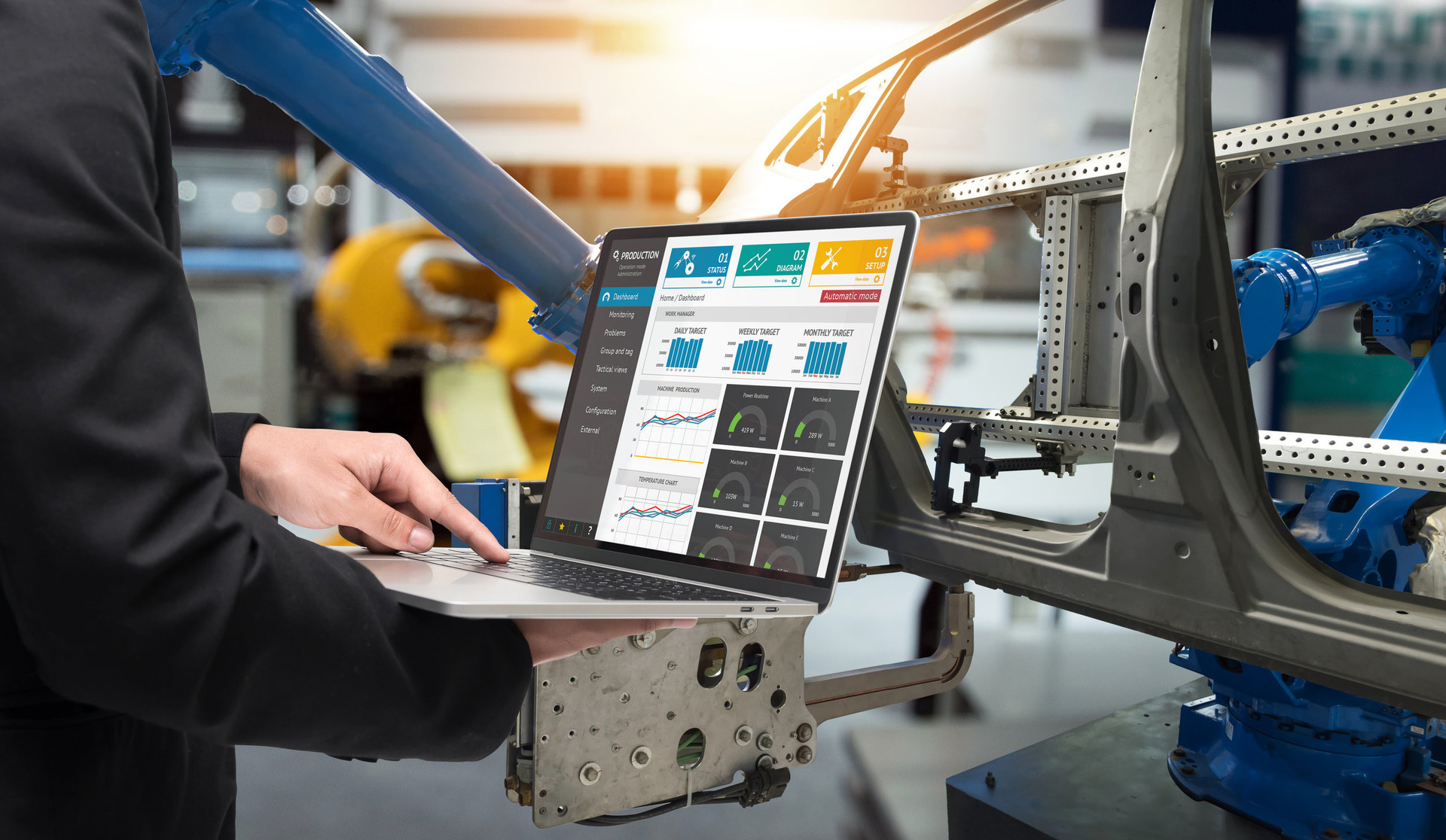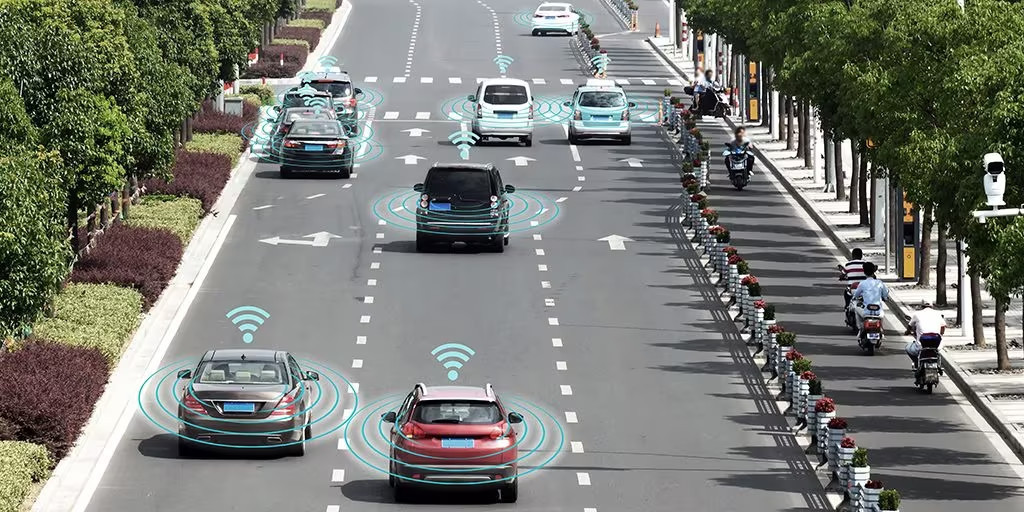AI technology - Artificial Intelligence is having an impact on many aspects of human life, in which its changes in the automotive industry are also clearly seen.
The application of Artificial Intelligence (AI) in many areas of life and society is becoming increasingly familiar to humanity in the current 4.0 era. However, the impact of AI in the manufacturing industry, especially the automotive industry, is having faster and stronger impacts than ever.
According to Simplilearn, predictions have been published that AI applications in the automotive industry will have a compound annual growth rate of up to 40% and will reach a value of $15.9 billion by 2027. This proves a practical and urgent need of the world for artificial intelligence in cars.
Amazing Applications of AI for Today's Drivers

When it comes to AI in the automotive industry, people immediately think of self-driving cars on the highway called Advanced Driver Assistance Systems (ADAS). This is a series of complex applications of highly accurate computer algorithms that allow computers to process and identify hazards in real time, helping to minimize the risk of accidents with emergency braking systems, lane keeping assistance, etc.
These aids help drivers have a safer driving experience, minimizing the risk of traffic accidents. Currently, these high-tech achievements have been applied to a number of car lines such as Tesla Model 3, Volvo XC40, BMW iX and Lexus LS.
In addition, artificial intelligence to assist drivers, also known as virtual assistants in cars (VPA), is also rapidly becoming popular and increasingly indispensable, becoming a powerful support tool for drivers.
Through virtual assistants, image and voice sensors, drivers can completely perform complex operations such as adjusting and capturing vehicle parameters through voice control, instead of having to operate directly manually as before, avoiding distraction while participating in traffic.
The assistant can, through complex algorithms, recognize changes in vehicle parameters, outside weather, navigate by GPS satellites, search for locations requested by the driver, or even remotely control smart homes.
In Vietnam and around the world, many advanced Virtual Assistant systems have been developed in cars, such as Vivi of Vinfast, Kiki of Zalo, Alexa of Amazon, Siri of Apple,... and are increasingly becoming an important part for future drivers.

Not only supporting drivers, AI also directly participates in the car production and supply chain.
AI is not only applied to driver assistance technologies, but its achievements are also directly integrated into the production line of the automotive industry, creating great advantages in the production and supply chain. Artificial intelligence is increasingly proving useful in helping manufacturers create efficient, cost-optimized production lines, maximally automating and streamlining through various processes.
For the automation line, AI has helped the automobile manufacturing industry achieve high efficiency, absolute precision and cost optimization. It has become an effective tool to minimize human errors and quickly identify defects in the production process.

Applying artificial intelligence to control quality and detect defective products before they are assembled and released to the market also helps automobile manufacturers save a lot of money, time and effort, while minimizing the number of defective products that can reach consumers.
At the same time, the integration of AI into the supply chain enables the system to thoroughly optimize, closely monitor and track each step of the process, creating a modular, easy-to-manage supply system.
Artificial intelligence participates in smart traffic management
Not only applied in the manufacturing, supply, and driver support industries, artificial intelligence also directly participates in the management and operation of the traffic system in the most convenient way, minimizing congestion through supercomputers.
AI-powered traffic management systems can analyze real-time traffic data to optimize traffic flows, allocate traffic appropriately, and minimize traffic congestion in real time. From suggesting the most reasonable and safest routes for drivers, coordinating traffic signals, and making accurate predictive calculations, AI will help car owners save travel time, improve overall road capacity, and thereby improve overall traffic management.
Currently, many cities in Europe or the Chengdu - Yibin highway system in China have effectively applied these intelligent traffic management systems through AI.

However, AI is not without its own challenges.
Although widespread AI application in the automotive industry is no longer a strange thing, it still has many potential risks and challenges. Automotive businesses really need to understand the barriers and potential risks that may occur when they widely apply artificial intelligence in their applications.
The deep application of AI in driver assistance also leads to a very high level of personalized intervention, which requires the protection of users' private information and does not rule out the possibility that it can be stolen.
In addition, AI applications are increasingly replacing many human jobs, leading to direct job losses for many workers who have served in the auto industry for many years. If we cannot balance both the application of new technology and the effective use of the company's human resources, it will certainly cause many problems for businesses as well as society.
Finally, as AI advances, so does the need for more robust monitoring, control, and technology validation to assess AI capabilities. It also requires a huge amount of data to optimize sophisticated algorithms, which is not easy to come by.
It can be said that the trend of applying AI in the automotive industry is becoming more widespread and popular than ever, effectively assisting the industry in every stage from manufacturing to supplying to consumers. However, it still has its own challenges and risks that users must clearly understand to avoid serious problems.
According to Vietnamnet